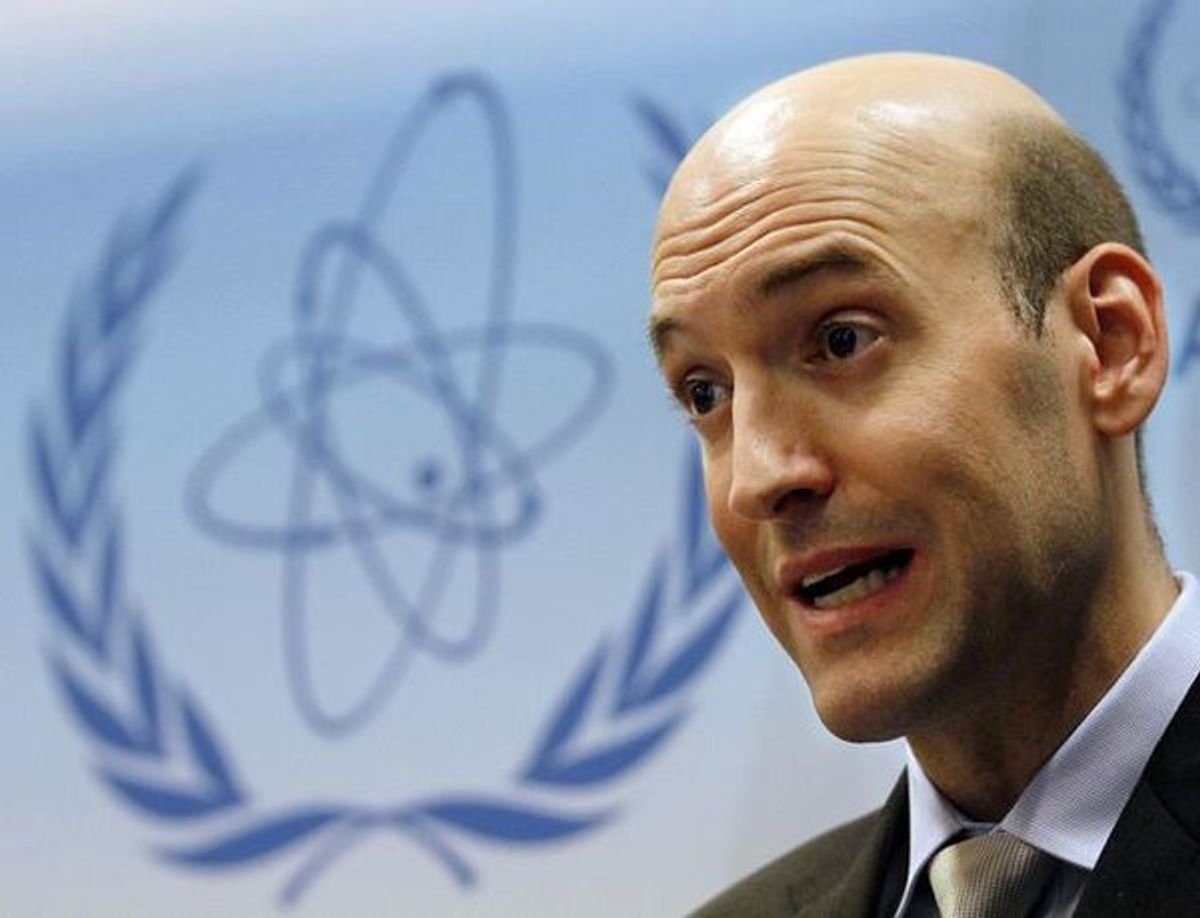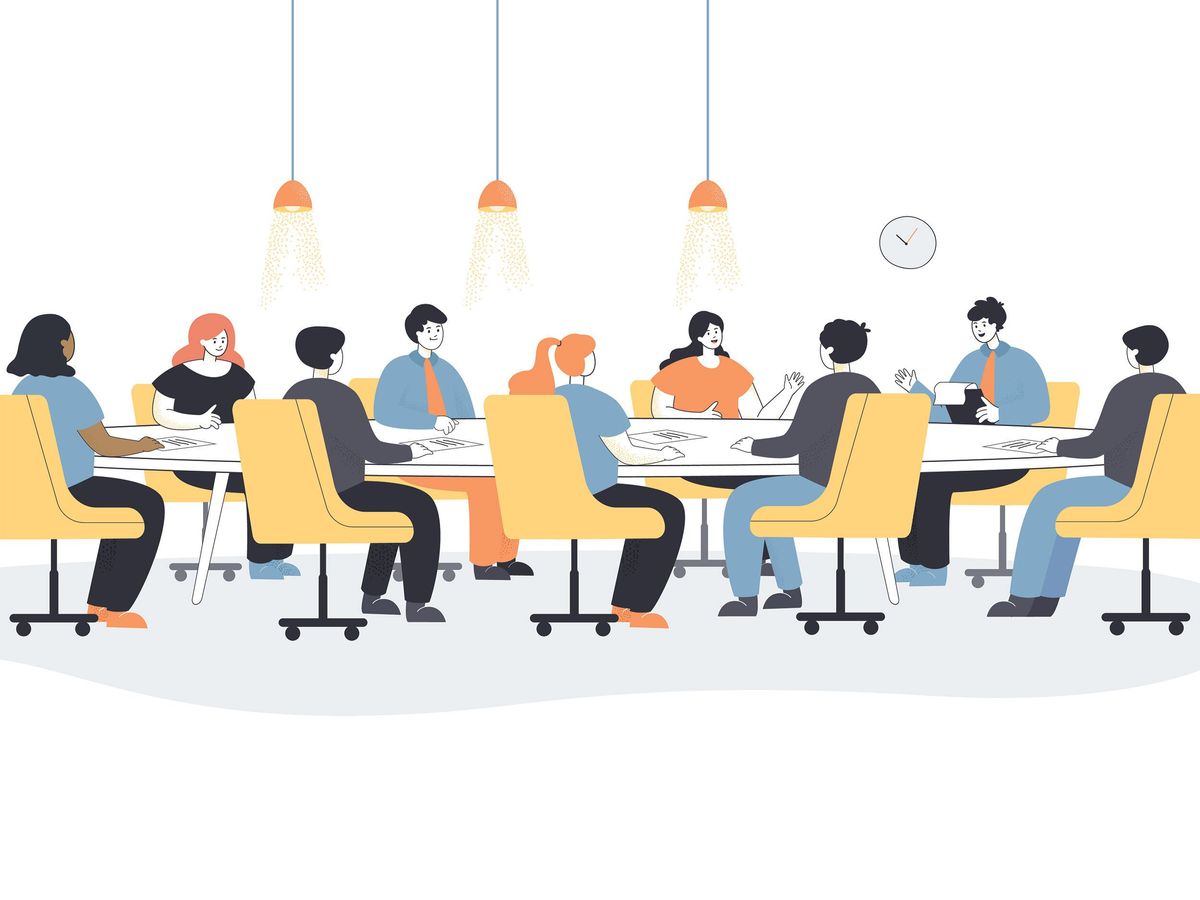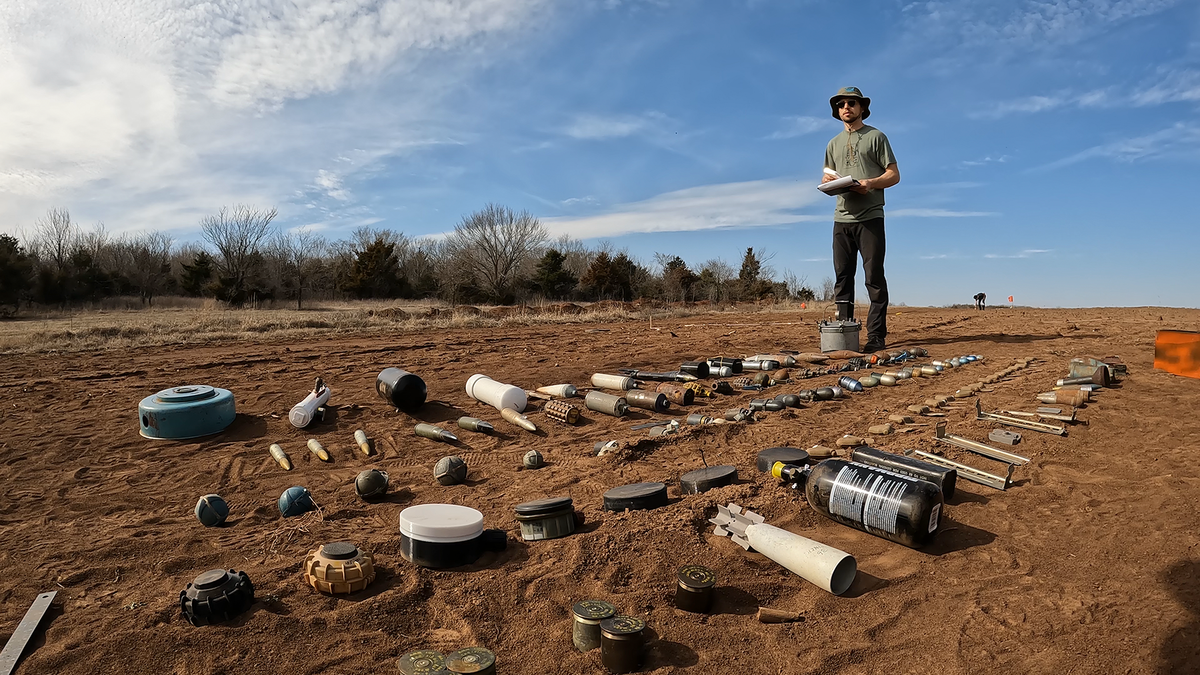Gregory Jaczko, who was chairman of the U.S. Nuclear Regulatory Commission at the time of the Fukushima Daiichi accident, didn't mince words in an interview with IEEE Spectrum. The United States is turning away from nuclear power, he said, and he expects the rest of the world to eventually do the same.
"I’ve never seen a movie that’s set 200 years in the future and the planet is being powered by fission reactors—that’s nobody’s vision of the future," he said. "This is not a future technology. It’s an old technology, and it serves a useful purpose. But that purpose is running its course."
Jaczko bases his assessment of the U.S. nuclear industry on a simple reading of the calendar. The 104 commercial nuclear reactors in the United States are aging, and he thinks that even those nuclear power stations that have received 20 year license extensions, allowing them to operate until they're 60 years old, may not see out that term. Jaczko said the economics of nuclear reactors are increasingly difficult, as the expense of repairs and upgrades makes nuclear power less competitive than cheap natural gas. He added that Entergy's recent decision to close the Vermont Yankee plant was a case in point.
"The industry is going away," he said bluntly. "Four reactors are being built, but there’s absolutely no money and no desire to finance more plants than that. So in 20 or 30 years we’re going to have very few nuclear power plants in this country—that’s just a fact."
Jaczko spoke to IEEE Spectrum following his participation in an anti-nuclear event in New York City at which speakers discussed the lessons that could be learned from the Fukushima Daiichi accident. Speakers also included former Japanese prime minister Naoto Kan, who headed the government during the Fukushima accident, and Ralph Nader. Several speakers talked about New York's Indian Point nuclear power station, and Jaczko expressed his personal opinion that the plant should be shut down.
Jaczko argued that more Fukushima-type accidents are inevitable if the world continues to rely on the current types of nuclear fission reactors, and he believes that society will not accept nuclear power on that condition. "For nuclear power plants to be considered safe, they should not produce accidents like this," he said. "By 'should not' I don’t mean that they have a low probability, but simply that they should not be able to produce accidents like this [at all]. That is what the public has said quite clearly. That is what we need as a new safety standard for nuclear power going forward." He acknowledged that new reactor designs such as small modular nuclear reactors and some Generation IV reactor designs could conceivably meet such a safety standard, but he didn't sound enthusiastic.
Eliza Strickland is a senior editor at IEEE Spectrum, where she covers AI, biomedical engineering, and other topics. She holds a master’s degree in journalism from Columbia University.



